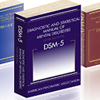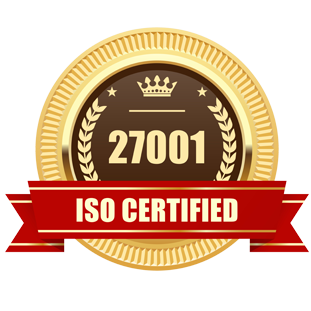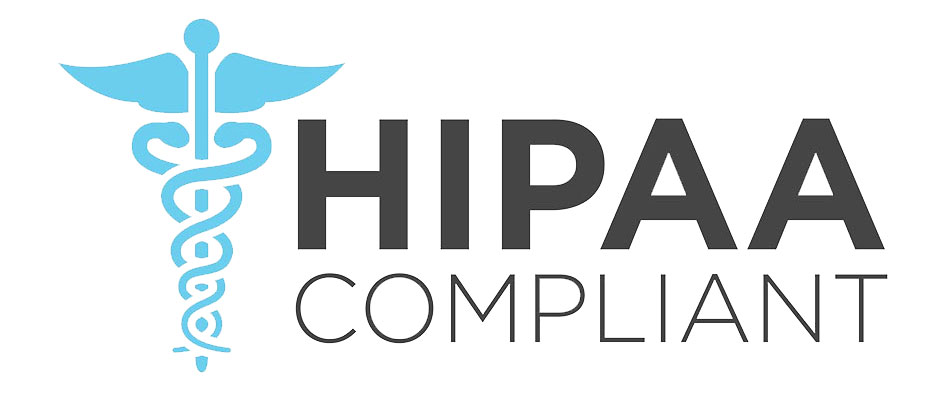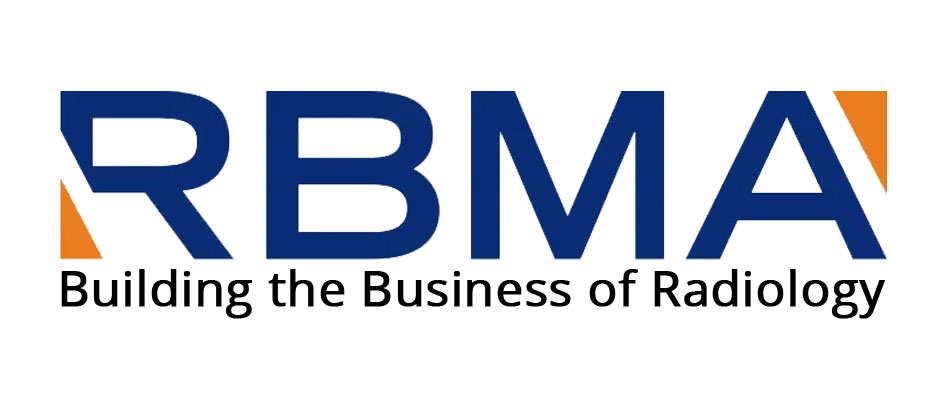International Classification of Diseases (ICD) and Diagnostic and Statistical Manual of Mental Disorders DSM are systems that identify and classify diseases once the diagnosis is established. ICD and DSM are identical in some ways and differ in others. However, both systems represent codes and manual for diseases which provide medical informatics such as automated decision support, claims process in medical billing, statistics on morbidity & mortality, surveying epidemic outbreak, etc. as well as for clinical purposes such as treatment, and welfare of public health.
This write-up will focus on the differences and similarities between ICD and DSM systems. The classifications of illness under ICD includes the ones under. However, the inverse cannot hold true because DSM classification is exclusively limited to psychological disorders. Neither of the two is considered biologically plausible and final. But it is just a matter of preference for classifying health condition. Read ahead to know in detail, the specifics of ICD vs DSM. But before that, here is an introduction and comparison of ICD and DSM systems -
Understanding ICD and DSM
-
ICD

International Classification of Diseases (ICD) is a globally accepted convention for classifying the illnesses. It is a complete system that covers all illness documented in the world. ICD is used for health management, epidemiology, and for various other clinical purposes. This system is maintained by World Health Organization by accounting all conditions, disorders, and diseases in the WHO member nations.
Whether it is signs, diseases, social circumstances, abnormal finding, or more ICD represents a comprehensive code list that provides decision support to healthcare providers, health insurance companies, and other healthcare agencies across the world. ICD system is a benchmarking tool for international comparability which is used by healthcare professionals to easily map medical conditions with a generic category.
Revision of ICD system is a periodical process. Initially, the system was designated to be revised once in every decade. However, it became clear that the time between two successive revisions was rather short. ICD-10, updated in 1994, is the current version which provides classifications for more than 155,000 codes. It was swiftly adopted across the world with resources readily accessible in the form of manual and browser from the WHO. A customized version of ICD-10 was adopted by Australia, New Zealand, and Canada.
Currently, WHO is amidst revising ICD. The new version called ICD-11 is being authored using iCAT (Collaborative authoring tool), an online workspace. After completing the review in 2015, a final draft was planned for endorsement in 2017. However, it was deferred for approval from the WHA (World Health Assembly) until 2018.
ICD-11 contains codes and definitions in a language that is simple enough for humans to understand. The new revisions permit computerization of content which enhances its pliability and applicability.
-
DSM

Diagnostic & Statistical Manual of Mental Disorder (DSM) is a handbook that provides criteria for classifying clinical diagnosis, particularly ones associated with mental disorder. This system offers a common language that helps medical professionals to make better healthcare decisions. DSM is also useful in documenting and sharing patient diagnosis after successful evaluation.
American Psychiatric Association (APA) is the organization behind the publication of DSM manual. DSM has a lesser recognition globally because this manual is only popular in the United States and partially accepted across the world. The criteria included in the DSM manual are not all-inclusive and therefore, its validity and reliability were't bulletproof. However recently, the system is somewhat believed to be accurate due to its practicality in general belief and research.
Revision of the DSM is also a periodical process, and currently, the system is in the 5th edition (DSM-5). It contains latest codes for all recognized mental disorders. The DSM publication helps bring over $ 5 million annually to APA. The widespread use of DSM is still yet to become a reality because the system is mostly considered bigoted and unscientific.
"In a survey across 66 countries, psychiatrists agree that ICD is considered best for diagnosis, while DSM benefitted research."
ICD vs DSM
In the world of medical coding, diagnosis classification, and areas where better healthcare decision is critical, it is important to have a generally accepted codebook that can make the process easier and more usable on a global scale. The answer to that is ICD and DSM classifications.
They are manuals used by healthcare and insurance professionals for treatment and reimbursement process. But, why do we need two sets of classification systems? Ahead lies the answer to similarities and differences between ICD and DSM.
Similarities between ICD and DSM
A few similarities between ICD and DSM Systems are as follows -
- Shared Definitions - ICD and DSM share several similar codes for diagnosis. However, the specificity of defining each condition is where they differ. For example codes for social pragmatic communication disorder, and alcohol use disorder (AUD), etc. are similar in both the classification system
- Classification - DSM and ICD are code sets which are nearly identical in many ways and permits classifying the diagnosis for healthcare and insurance processing processes
- Code Crosswalking - Both DSM and ICD allow crosswalking from old to new versions. This allows the new version to have some definitions from the former versions
- Formulation - The criteria for DSM and ICD are not decided based on factual evidence, but they are approved by medical experts for research after reaching a consensus
Differences between ICD and DSM
Although the coding system looks identical, it does have areas where the system differs. Here are the main differences between ICD and DSM systems -
Although it promptly assists in data collection, It is considered to be less accurate
With clinical significance criteria and specificity in the description, it is considered to be far more accurate
Conclusion - The development in ICD and DSM Codes will continue to Fuel Research
Both ICD and DSM code sets bear the value in the future of healthcare. The popularity of the DSM has drawn the attention of researchers and is currently driving awareness of advantages and limitations of each system. While DSM stimulated research, its advances were truncated when this system provided credibility to non-existent diagnosis.
On the other hand, ICD could not generate buzz at equivalent proportion because it was insufficiently resourced. Over the last decade, vast improvements have led to better definitions that are being considered by health experts worldwide. The ICD and DSM systems will continue to see more code inclusions ahead as well as support in improving the global healthcare.
Outsource Medical Billing and Coding Services to Flatworld Solutions
Flatworld Solutions is a brand which is conscious of the healthcare market and the demands within. Ours is a 13-year-old ISO-certified company with expertise in medical billing and coding services. We carry out healthcare BPO projects from our secure global offices where your data is handled from a secure infrastructure. Our teams of medical coders with decades of experience are adept at coding protocols and standards followed by the industry. FWS is a top choice for clients worldwide because we offer services which are cost-effective and highly accurate. Outsource your project to us and avail completed results at short turnaround time. We also offer round the clock assistance and a dedicated project manager for single window engagement.
Contact Us to outsource your medical coding requirements. Our team will follow-up with a customized quote within 24 hours.
Contact UsOur Customers





Key Differentiators
AHIMA Healthcare Convention 2016

USA
Flatworld Solutions
116 Village Blvd, Suite 200, Princeton, NJ 08540
PHILIPPINES
Aeon Towers, J.P. Laurel Avenue, Bajada, Davao 8000
KSS Building, Buhangin Road Cor Olive Street, Davao City 8000
INDIA
Survey No.11, 3rd Floor, Indraprastha, Gubbi Cross, 81,
Hennur Bagalur Main Rd, Kuvempu Layout, Kothanur, Bengaluru, Karnataka 560077















